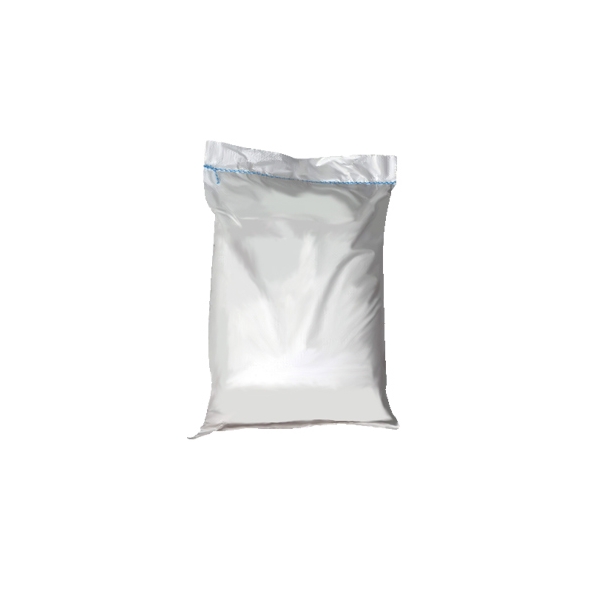Soy proteins are a versatile and nutritious alternative to animal proteins, and their use has become widespread in a variety of food products to meet the needs of consumers seeking more sustainable and plant-based options.
Characteristics of Soy Proteins:
- Origin: Soy proteins are extracted from soybeans. Soy is a rich source of proteins, and soy proteins are isolated from soy flour or protein concentrates.
- Composition: Soy proteins contain all essential amino acids, making them a complete protein source.
- Types of Soy Proteins:
- Soy Protein Isolate: A highly concentrated product primarily containing proteins.
- Soy Protein Concentrate: Contains fewer proteins than isolate and may include other components of soy.
- Texture: Soy proteins can be transformed into different textures, sometimes mimicking the texture of meat. They are used in the production of vegetarian and vegan meat substitutes.
Uses:
- Human Nutrition: Used in the manufacturing of food products such as vegetarian burgers, vegan sausages, meat substitutes, protein drinks, energy bars, etc.
- Animal Nutrition: Often used as an ingredient in animal feed, especially in pet food.
- Nutritional Value: Soy proteins are a high-quality protein source, rich in essential amino acids, fiber, and some vitamins and minerals.
- Health Benefits:
- Plant Protein Source: Suitable for vegetarian and vegan diets.
- Reduction of Saturated Fats: Soy protein-based products can contribute to reducing saturated fat consumption compared to animal meat.
- Allergens: Soy proteins can be allergens for some people, so it is important to consider them in case of food allergies.


